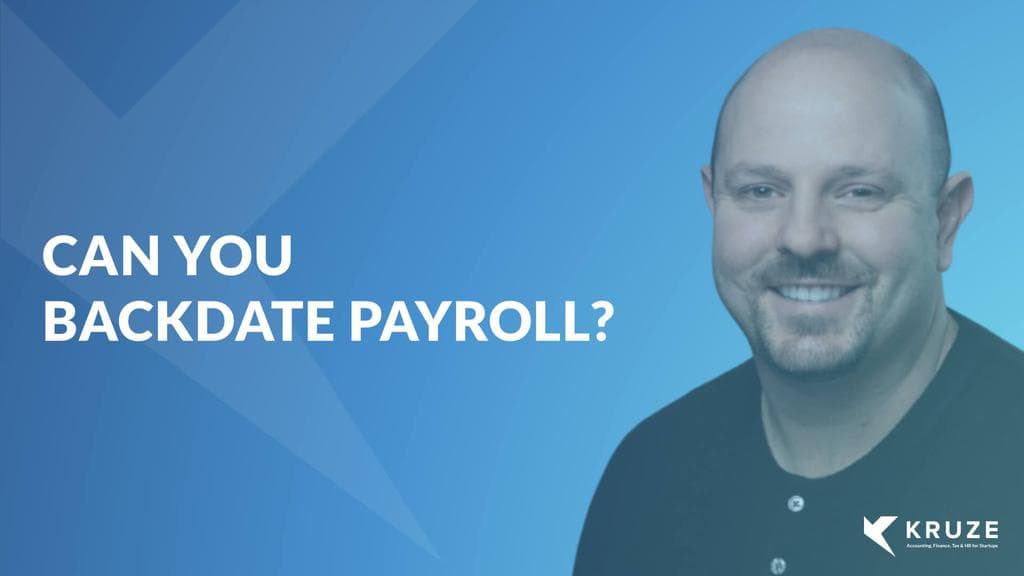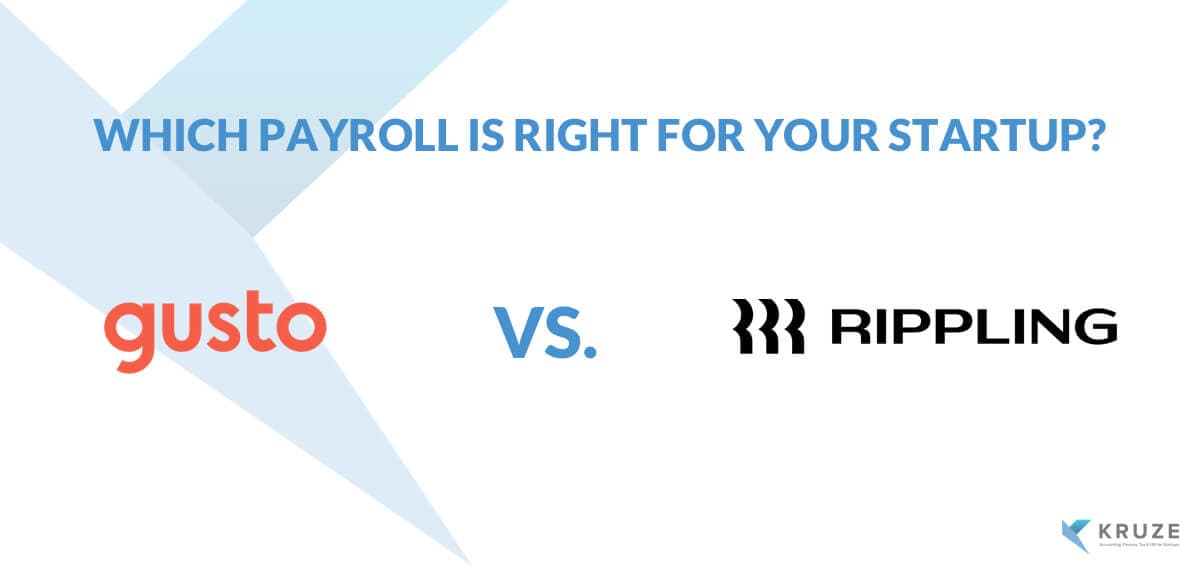
1099s are a pain - somewhat mindless paperwork every startup needs to send to their contractors and many vendors like law firms. And the penalties for messing this up can be very big - small companies that “intentionally” forget to send a 1099 can pay fines as high as $540 per statement. So if your startup misses a bunch of 1099s, the fines can be high, as can the cost of fixing the mistake.
Some payroll providers like Gusto offer to automatically send 1099s. Seems like a great idea, until you really think about it. Here are the top 10 reasons you can’t use your payroll system for 1099s.
10 Reasons Why You Shouldn’t Use Your Payroll Provider for 1099 Reporting:
- You didn’t pay everyone who needs a 1099 through your payroll provider: the 1099 list within your payroll software is very likely missing important vendors: are you sure you paid every person who needs a 1099 through your payroll system? Your landlord? Your lawyer? Your accountant? Yes, your lawyer probably needs a 1099!
- Any payment outside of the payroll provider is going to be missed: lets just say you paid Billy Bob, an Engineering contractor, a few times last year. You paid via your payroll provider a couple of times ($10k), and also a few times through Bill.com ($20K) or perhaps bank wire ($100K). Your employee pay system will only report the amount paid within their system, which means you are missing data, so your 1099 will be wrong.
- Duplicates are going to waste your time: Ok, so what if you file some through your payroll system and have your accountant or office manager do the rest? So your payroll system sends a 1099 with $10K on it, and your office manager sends another with $130K. Billy Bob is going to be confused. And even worse, the IRS is going to be confused. The IRS sends notices to the company and to Billy, demanding that taxes be paid. Maybe Billy ends up over-paying his taxes, but more likely he comes to you and asks you to fix it. You’ve got some serious tax liability/fine potential on your hands, plus an upset contractor.
- Your employee pay system doesn’t capture the vendor agreement/contracts: the IRS requires that you keep a signed contract with your vendors detailing the scope of work performed and agreed upon price. If you get audited by the IRS this is one of the first things they are going to check, so where are you storing this and how to do you associate it with your payroll system 1099 data?
- Where are you storing the billing records:the IRS also requires that you keep documentation for 3+ years for each and every bill that is paid. If you’re making regular payments to a contractor, you need to be carefully storing these files. Storing them on email, Box is probably the way you’ll end up doing it - but that’s not a very effective system, especially if you get audited. Using a payment processor like Bill.com is a much better way to keep organized.
- You are going to missInternational W8s for International folks. Most systems only processes domestic payments. But pretty much every startup these days are using international and domestic contractors and vendors. The IRS requires that you track W9s for domestic contractors, and what’s called a W8BENs for foreign vendors and contractors. So if even if you’re using your payroll vendor for all your domestic contractors and using only that system to pay them, as well as storing supporting docs in Box, you’ll still need to use another system to track W8BENs for your international contractors.
- Basic 1099s aren’t the only form startups need to worry about: I hate to say it, but basic 1099-MISC are not the only game in town (although they are all that your payroll vendor will process). 1099-MISC forms are for non-employee payments for services. Guess what… there’s a whole boatload of 1099 forms, including 1099-INT (interest payments) and 1099-C (debt cancelations). Got a convertible note? You’ll need a 1099-INT for interest accrued on convertible notes. You certainly aren’t accruing for your investors’ accrued interest in your payroll system.
- You aren’t tracking stock option exercises in your payroll system. Sadly, another special thing for startups requires another special Form. This time the Form 3921. It’s part of the 1099 series, and you use it to report the exercise of Incentive Stock Options. If you’re a startup, you very likely issued ISOs. If you are using a system like Carta (this is a capitalization table management tool) it’s possible that they are doing the 3921s on your behalf. If you work with a good accountant, they’ll figure out if your Form 3921s are being filed via the cap table system. Regardless, your payroll provider is not doing Form 3921s.
- **Your payroll vendor doesn’t captureNon Qualified Stock Options: some contractors or advisors might be compensated with stock options. You need a 1099-MISC, and as awesome as Gusto (and others) are, they aren’t tracking your stock options. **
- Like it or not, you need to support paper 1099s: We hate paperwork, like actual paper, but still, some contractors or vendors want paper not electronic. You’ll need a system of record that can do a paper 1099. Again, not supported by the payroll vendors.
Today, startups are lucky enough to have a bunch of great payroll options: Gusto, Rippling, Trinet, Justworks, to name a few… But they are not the technology that you want for your 1099s or even for regular bill pay. And if you’d like a list of the best payroll providers for startups, click here.
How should startups process 1099s?
We’ve worked with well over 1000+ startups, and our opinion is that Bill.com is best for bill payments (although several startup credit card and startup-focused banks vendors are starting to bundle bill pay, so stay tuned!), and Track1099 is best for 1099s. We recommend you work with an experienced office manager or accountant to get these done correctly the first time.
We strongly suggest that you turn off the 1099 feature and reporting in your payroll system. 1099s are really not fun - no one likes doing them. That is part of the reason we do this for most of our clients (no one ever said that the first four months of the year are fun for accountants!) But what’s even worse is trying to figure out what went wrong with a startup’s 1099 process. If you messed up one vendor, you likely have a bunch more with issues that you need to 1) discover 2) notify 3) fix and 4) probably pay a fine to the IRS on. So, don’t just try to save a few bucks and time by using your payroll provider’s 1099 feature. Get it done right the first time.
















